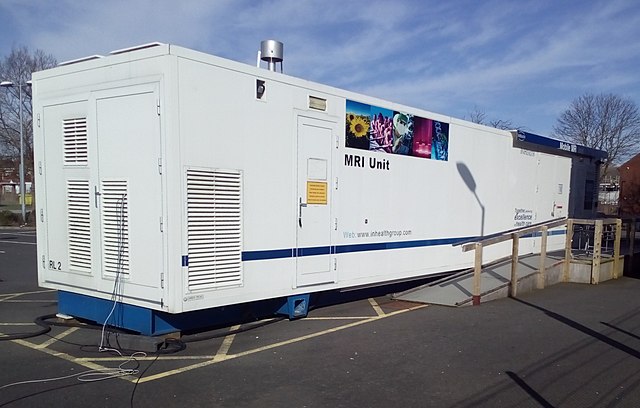Niobium, a versatile and valuable element, finds a wide range of applications in modern industries due to its unique properties and characteristics. Here are some of its versatile applications:
1. Alloying and Metallurgy:
- High-Strength Alloys: Niobium is commonly used as an alloying element in steel, resulting in high-strength, low-alloy (HSLA) steels. These steels are used in various industries, including construction and automotive, to improve strength and reduce weight.
- Superalloys: Niobium is an essential component of superalloys used in high-temperature applications, such as gas turbine engines in aviation and power generation. Niobium enhances heat resistance and creep strength in these alloys.
2. Superconducting Materials:
- Superconducting Wires: Niobium-titanium (Nb-Ti) and niobium-tin (Nb3Sn) alloys are used in the construction of superconducting wires. These wires are essential for the development of high-field magnets used in magnetic resonance imaging (MRI) machines, particle accelerators, and fusion experiments.
3. Aerospace:
- Aircraft Engines: Niobium-containing alloys are used in aircraft engines due to their ability to withstand high temperatures and stresses. They improve the performance and efficiency of jet engines.
4. Medical Imaging:
- MRI Machines: Niobium-titanium (Nb-Ti) superconducting magnets are crucial components of MRI machines. They create strong and stable magnetic fields, enabling high-resolution medical imaging.

5. Electronics:
- Electrolytic Capacitors: Niobium is used in the production of electrolytic capacitors. Niobium oxide powder is applied as a dielectric material, enhancing the capacitance and reliability of these electronic components.
6. Nuclear Industry:
- Nuclear Reactors: Niobium is used in nuclear reactors due to its resistance to radiation damage and corrosion. It is used in the construction of reactor vessels and fuel cladding.
7. Additive Manufacturing:
- 3D Printing: Niobium-based powders are used in additive manufacturing processes, allowing for the creation of complex and high-performance components in aerospace, automotive, and medical applications.
8. Superconductivity:
- Quantum Computing: Niobium is used in the development of quantum computers, where superconducting circuits enable efficient and stable quantum operations.
9. Infrastructure:
- Bridges and Buildings: Niobium-containing steel is used in construction to enhance the strength and durability of bridges and buildings, particularly in earthquake-prone areas.
10. Transportation:
- Automotive: Niobium-containing steel alloys are used in the automotive industry to reduce weight while maintaining structural integrity. This contributes to improved fuel efficiency and reduced emissions.
11. Energy:
- High-Voltage Superconducting Cables: Niobium-titanium (Nb-Ti) superconducting wires are used in high-voltage power transmission cables, reducing energy loss during electricity distribution.
12. Research and Development:
- Materials Science: Niobium plays a vital role in materials science research, enabling the development of advanced materials and technologies.
13. Space Exploration:
- Rocket Engines: Niobium-containing alloys are used in rocket engines for their high-temperature resistance and structural integrity.
Niobium’s versatile applications stem from its ability to enhance the properties of materials, such as increasing strength, heat resistance, and electrical conductivity. Its contributions span across industries, making it a critical element in technological advancements, infrastructure development, and the pursuit of scientific research.












